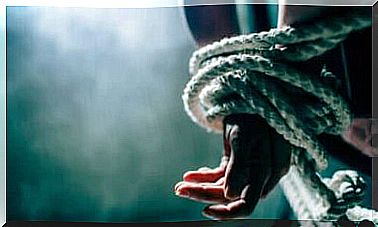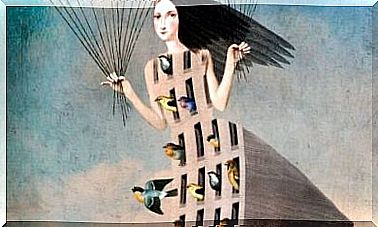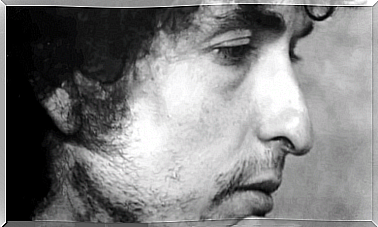Mercedes Rodrigo: One Of The First Psychologists
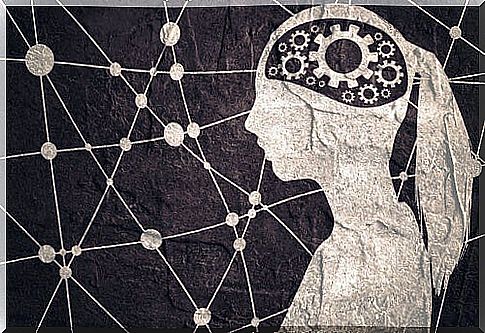
Mercedes Rodrigo was one of the first great Spanish psychologists. After decades in the shadows, his work has recently begun to receive credit. After a life dedicated to the study of personnel selection and career guidance processes, he contributed to the launch of the first course of study in psychology in South America.
He was born in Madrid in 1891, where he lived part of his childhood and youth. He finished his university studies in 1911, specializing in the education of blind and deaf-mute children. Her desire to expand her education led her to obtain a scholarship to study psychology in Switzerland at the University of Geneva.
Here she was a pupil of Édouard Claparède, with whom she worked for years in his experimental laboratory. Doctor Claparède contributed to a large extent in making Geneva the center of modern European pedagogy. His main contribution concerned a new educational model that moved away from traditional canons.
His proposal was to create an active school in which pupils’ interest and tailor-made education were rewarded. The idea immediately appeared interesting to the pedagogues of that time, and to realize it he used some concepts of psychology applied to pedagogy. The idea was for teachers to learn to observe their pupils using pre-established questionnaires and work from the data they collected.
Mercedes Rodrigo received her diploma in psychology from the University of Geneva in 1923. Together with Doctor Claparède, she revolutionized the foundations of modern pedagogy. Both were forerunners of observation based teaching of the pupil to impart a more adequate and personalized education.
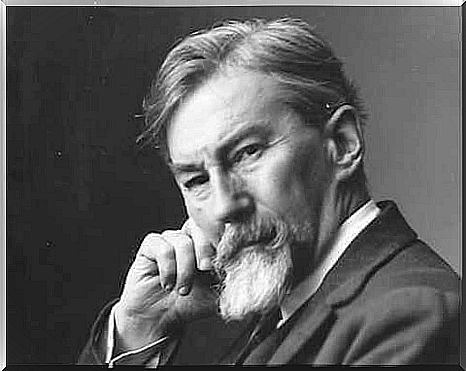
Mercedes Rodrigo and her contribution to psychology
In 1923 the Spanish psychologist returned to her native country where she started a didactic project for the training of the teaching staff on advanced pedagogical techniques.
Here he applied an educational manual that he had drawn up in Geneva, together with Piaget. With him, he instructed educators on the techniques of observation and application of classroom learning. For Spain at the time, this presupposed a great challenge to classical teaching.
In 1929 he began working at the National Institute of Psychotechnics in Madrid. Here he specialized in psychometric studies, with the aim of putting into practice the results obtained in the process of personnel selection and career guidance. In 1939, shortly before the end of the civil war, he went into exile.
The Colombian phase
Mercedes Rodrigo arrived in Colombia with the aim of opening a psychotechnics department in local universities. With this in mind, he devised admission tests for the medical school. This was fundamental in solving the problem of the greater number of members with respect to the places available.
The result of the pupil selection process was positively received in all public institutions. Suddenly his work was extended to other educational and professional fields.
In 1948, due to the bogotazo, life in the Colombian capital became difficult. The prelude to a war and the tensions on the street became unbearable. In this context, a Jesuit magazine accused Mercedes of being a communist for visiting the USSR. Her status was not facilitated either by the fact that she was a Spanish refugee.
Following these allegations, an equivocal interpretation of his pre-admission selection tests was made. Faced with such dishonor, Rodrigo and her team had to leave the country.
The Puerto Rican phase of Mercedes Rodrigo
After leaving Colombia, Dr. Rodrigo worked for a period at the University of Puerto Rico as an education professor and support psychologist.
Later he decided to resume his experimental work in clinical psychology by creating group and individual therapies. He never gave up psychometrics.
She became famous for having dedicated her life to research on teachers and the training of educators. Thanks to Mercedes Rodrigo’s prestige at Puerto Rican university, many post-war Spanish students were able to improve their curriculum and complete their studies in this welcoming country.
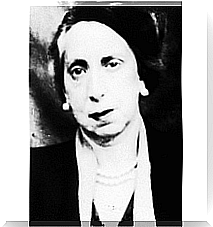
Deserved recognition
Finally, Mercedes Rodrigo returned to live in Colombia for ten years. His meticulous scientific work and his great dedication to the psychological training program throughout South America proved to be a fundamental contribution to the development of later studies and the training of South American scholars in all areas of current psychology.
The day of the psychologist is celebrated on November 20 in Colombia. The festival serves to commemorate the country’s first independent psychology faculty. In this sense, Dr. Rodrigo’s studies were of extreme importance, and the role of the Spanish psychologist is recognized nationally.
For decades his work was forgotten. Fortunately, however, studies on women today have begun to unearth many pioneers who, like her, have laid the foundations of current scientific knowledge.



